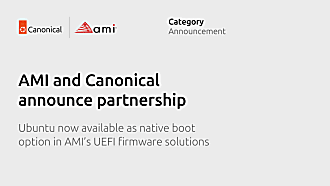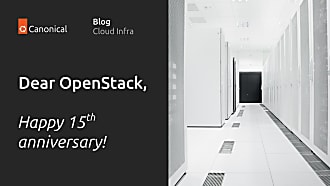Canonical
on 5 November 2013
Today at the OpenStack Design Summit in Hong Kong, we announced the Ubuntu OpenStack Interoperability Lab (Ubuntu OIL). The programme will test and validate the interoperability of hardware and software in a purpose-built lab, giving Ubuntu OpenStack users the reassurance and flexibility of choice.
We’re launching the programme with many significant partners onboard, such as; Dell, EMC, Emulex, Fusion-io, HP, IBM, Inktank/Ceph, Intel, LSi, Open Compute, SeaMicro, VMware.
The OpenStack ecosystem has grown rapidly giving businesses access to a huge selection of components for their cloud environments. Most will expect that, whatever choices they make or however complex their requirements, the environment should ‘just work’, where any and all components are interoperable. That’s why we created the Ubuntu OpenStack Interoperability Lab.
Ubuntu OIL is designed to offer integration and interoperability testing as well as validation to customers, ISVs and hardware manufacturers. Ecosystem partners can test their technologies’ interoperability with Ubuntu OpenStack and a range of software and hardware, ensuring they work together seamlessly as well as with existing processes and systems. It means that manufacturers can get to market faster and with less cost, while users can minimise integration efforts required to connect Ubuntu OpenStack with their infrastructure.
Ubuntu is about giving customers choice. Over the last releases, we’ve introduced new hypervisors, and software-defined networking (SDN) stacks, and capabilities for workloads running on different types of public cloud options. Ubuntu OIL will test all of these options as well as other technologies to ensure Ubuntu OpenStack offers the broadest set of validated and supported technology options compatible with user deployments. Ubuntu OIL will test and validate for all supported and future releases of Ubuntu, Ubuntu LTS and OpenStack.
Involvement in the lab is through our Canonical Partner Programme. New partners can sign up here.



